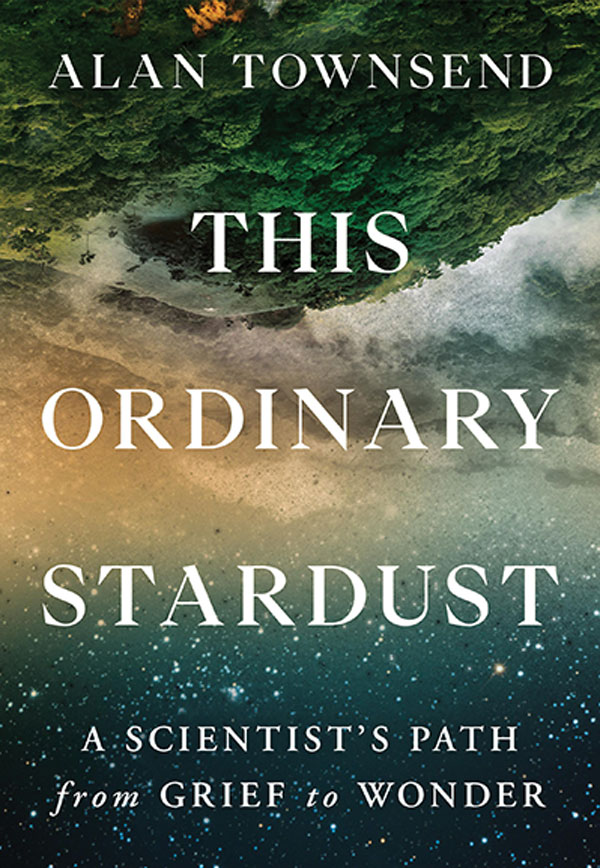The American Psychiatric Association added prolonged grief disorder to its Diagnostic and Statistical Manual of Mental Disorders in 2022, and though the move was not universally applauded—“There is no uniform expiration date on normal grief,” according to a Lancet article that ran a few months later—it spoke to a growing recognition of the suffering that follows loss. In new books, authors draw on clinical guidance, reportage, and their own experiences of living with grief to offer comfort and commiseration.
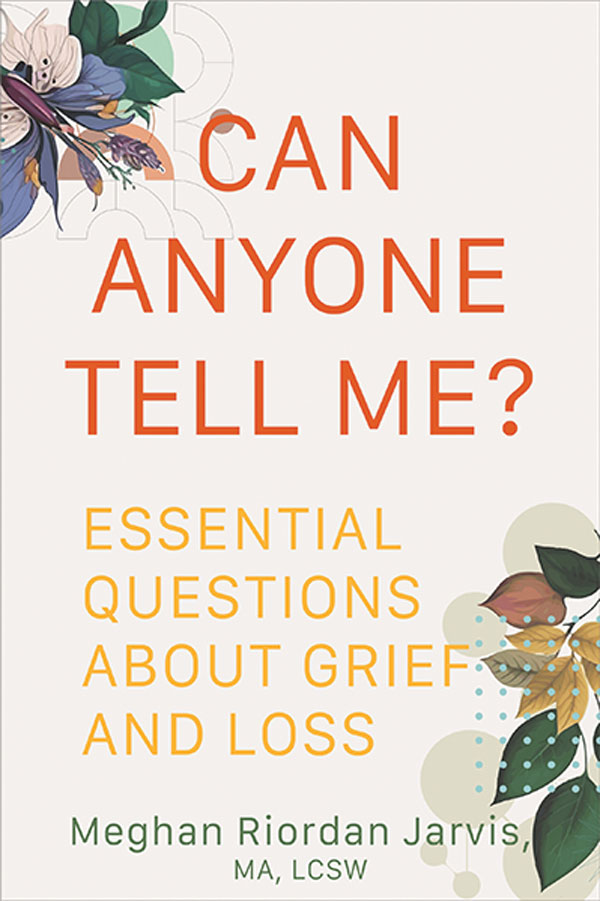
Can Anyone Tell Me?
Clinical psychotherapist Jarvis, who hosts the podcast Grief Is My Side Hustle, explores loss as a form of trauma with physical and psychological consequences. Using a q&a format with sections devoted to the body, the brain, and emotions, she pulls from scientific research to explain why someone grieving may have trouble remembering things or may suddenly dislike their friends. Understanding what’s behind the myriad effects of grieving, Jarvis says, is the first step toward recovery.
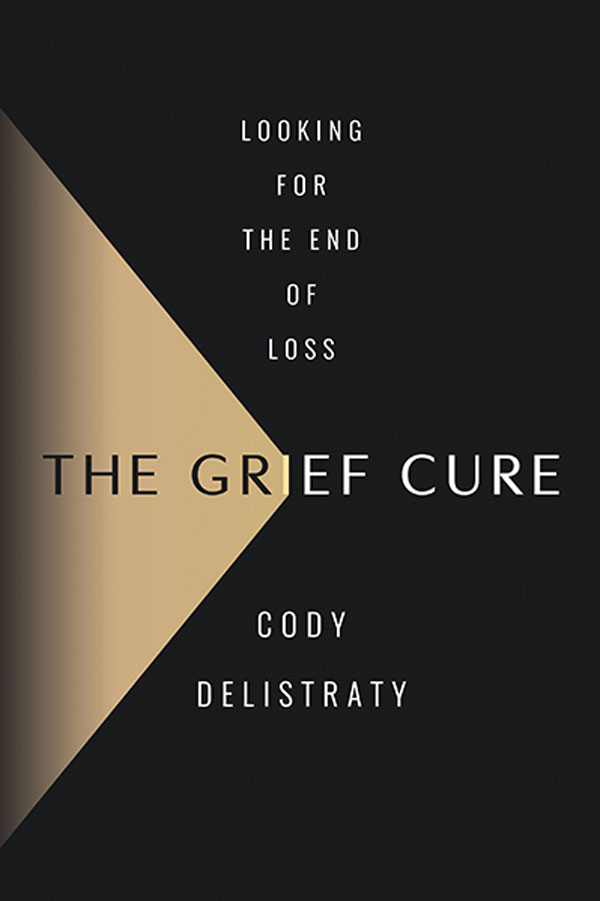
The Grief Cure
Unable to move forward several years after losing his mother to cancer while in his 20s, the WSJ magazine editor set out to discover what traditional beliefs and contemporary science have to offer against protracted grief. He researches the psychedelic (magic mushrooms), the speculative (Eternal Sunshine of the Spotless Mind–style memory deletion), and more in search of an understanding as to how humanity copes with loss.
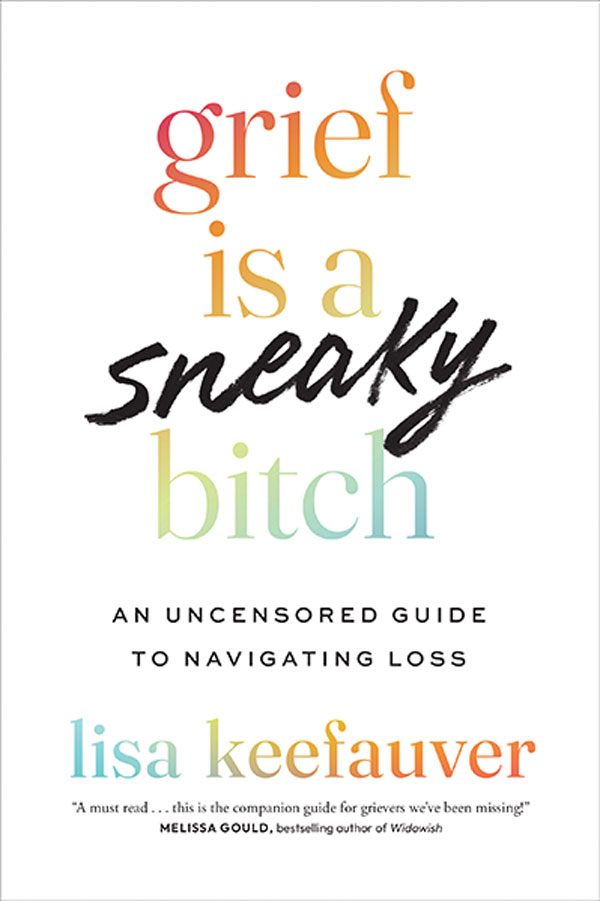
Grief Is a Sneaky Bitch
After her husband’s death in 2011, social worker Keefauver grew frustrated with prevailing advice that grief can be conquered in five stages. Through her work as a counselor and an activist, and now in her book, which takes its title from the podcast she launched in 2019, Keefauver uses humor and profanity to describe the disorientation that accompanies the ebb and flow of the grieving process. “Our goal,” she writes, “is not to move on from grief, but to move forward with it.”
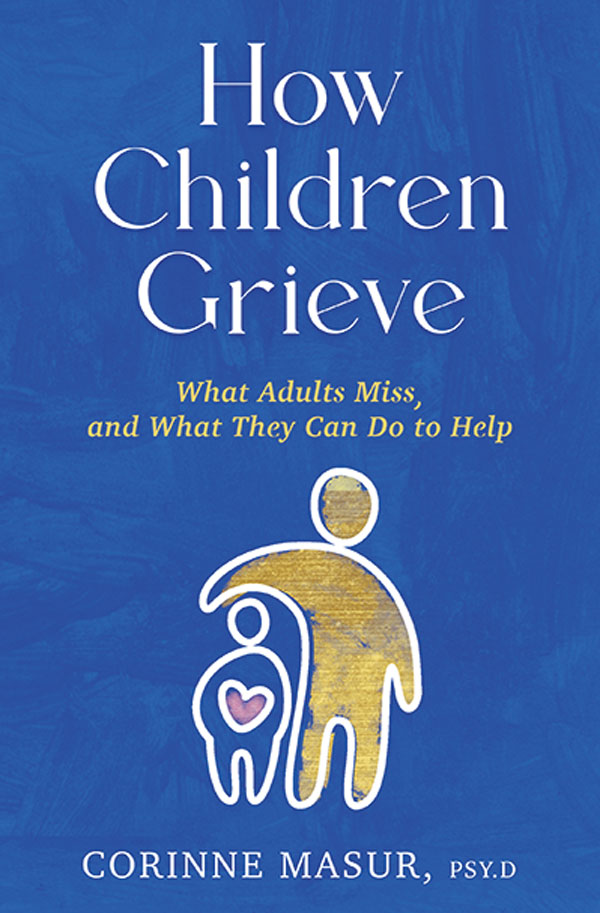
How Children Grieve
Masur’s curiosity about childhood grief is born of experience; her father died when she was a teenager. The clinical psychologist’s first book, 2021’s When a Child Grieves, was written for a professional readership; this book speaks to parents, teachers, and others caring for children who have suffered devastating loss. Masur outlines what grief looks like at different ages and developmental stages and offers guidance tailored to different types of loss, including the death of a loved one, divorce, illness, and war.
This Ordinary Stardust
Townsend’s four-year old daughter and wife were diagnosed, in rapid succession, with unrelated forms of brain cancer. As a biologist, Townsend looked to his profession for scientific answers and found unexpected solace. While science couldn’t cure his wife’s inoperable tumors, he discovered spiritual comfort in the wonders of the universe. PW’s starred review called the book “a remarkable account of a shifting consciousness that’s likely to shift the reader’s own.”



